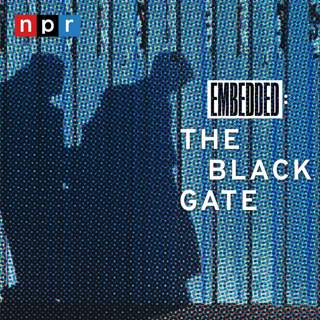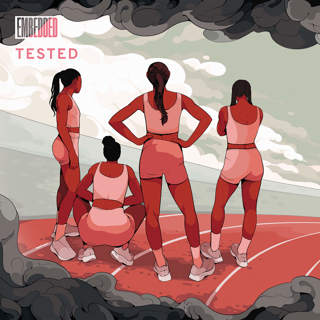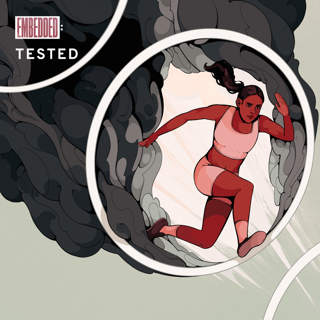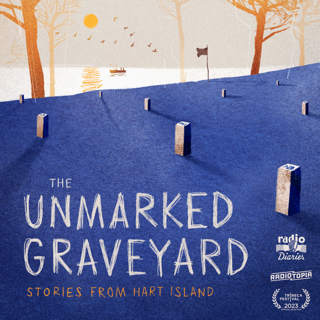
The Black Gate: Like a Bullet from a Gun
Abdullatif Kucar returns to China, determined to find his children, who have been sent to state-run "boarding schools," and his wife, who has spent two years in prison. They're among hundreds of thous...
12 Joulu 202432min

The Black Gate: Vanished in the Night
In the Xinjiang region of western China, the government has rounded up and detained hundreds of thousands of Uyghurs and other Muslim ethnic groups, including the wife and young children of a Uyghur b...
5 Joulu 202427min

Introducing The Black Gate from NPR
This is the story of a people being erased, one family at a time. For almost a decade, the Chinese government has been detaining hundreds of thousands of ethnic Uyghurs in what critics call a systemat...
2 Joulu 20242min

A Good Guy: Under Oath
There's a promise that all Marines make to defend the Constitution. After Sgt. Joshua Abate participated in the events on January 6, the Corps has to decide: Did he break his oath when he entered the ...
31 Loka 202434min

A Good Guy: 279 Hours
"Have you ever tried to overthrow the U.S. government?" Marine Sgt. Joshua Abate was in the middle of a routine polygraph test to receive top-secret clearance when he made an extraordinary admission: ...
24 Loka 202438min

Introducing "A Good Guy" from NPR
Sergeant Joshua Abate says that he's not a rioter or an insurrectionist. Those closest to the active-duty Marine call him "a good guy." But he was part of the mob that attacked the Capitol on January ...
21 Loka 20242min

Tested: Lumpers and Splitters
Episode 6: Christine and Max are some of the most recent female athletes in this century-long history to face tests, stigma, and restrictions. But they are unlikely to be the last. In this episode, we...
1 Elo 202442min

Tested: Unfair Advantage?
Episode 5: A battle over science and ethics unfolds. World Athletics releases and then tweaks multiple policies impacting DSD athletes, while critics cry foul. In this episode, World Athletics doubles...
29 Heinä 202435min






















